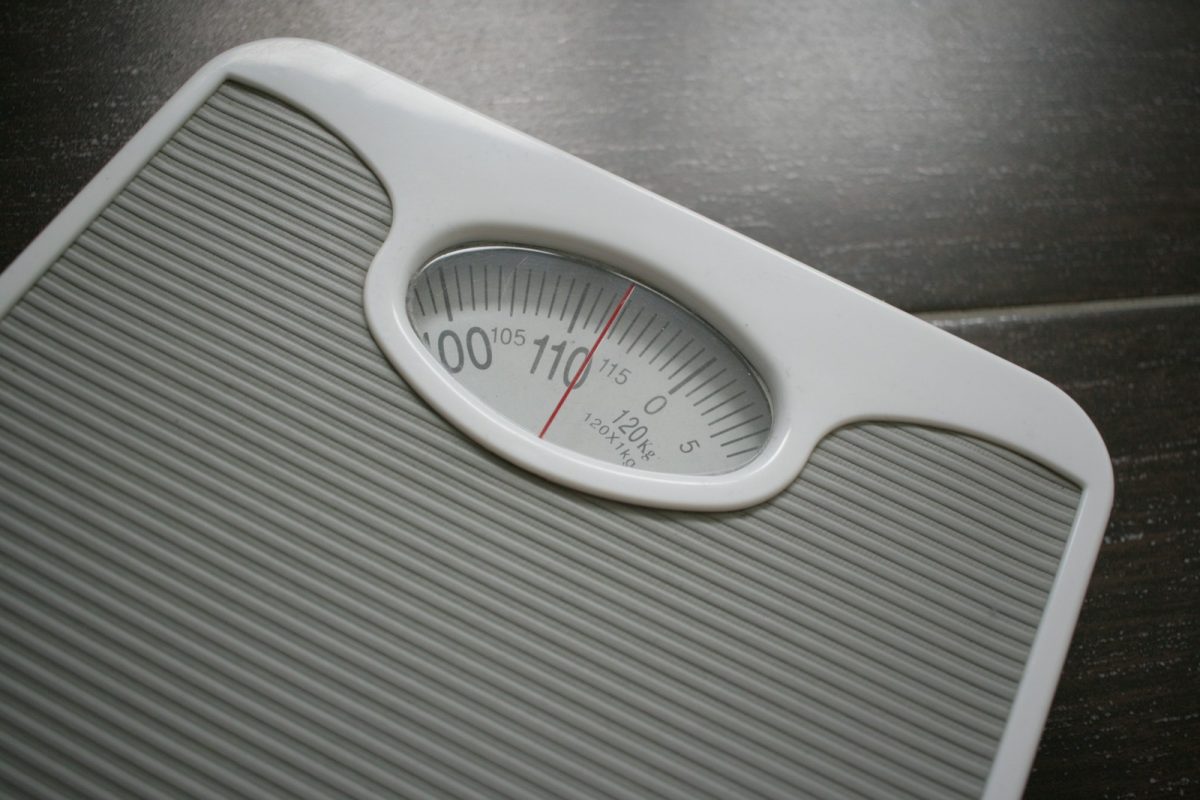There’s no way around it—menopause happens. It’s the stage in life when your estrogen and progesterone levels naturally decline, and that hormonal shift can throw your insulin and blood sugar out of balance. Fat storage gets redirected to your lower belly, hips, and thighs—especially if you’re still doing the same things that used to work but no longer do.
Here are some common menopause mistakes and how to fix them:
❌ 1. Skipping breakfast and eating too much late at night
Skipping meals early in the day and overloading your calories at night spikes blood sugar, worsens insulin resistance, and encourages fat storage.
✅ Fix: Front-load your day with a high-protein breakfast and taper your meals toward the evening.
❌ 2. Grazing all day
Constant snacking keeps insulin elevated and blocks fat burning.
✅ Fix: Eat three balanced meals with at least 25–30g of protein each. Some say no snacks between meals—if you eat what your body needs at each meal, you shouldn’t need to snack. But if you are truly hungry, a small, intentional snack is okay.
❌ 3. High-carb, low-protein breakfasts
The Standard American Diet (SAD)—think cereal, toast, muffins—causes a blood sugar spike, followed by a crash, cravings, and more fat storage.
✅ Fix: Start your day with protein and fiber, along with healthy carbs and fats to stabilize hormones and reduce cravings. Try protein oats, a veggie omelet, or Greek yogurt with berries.
❌ 4. Too much cardio, not enough weights
Endless cardio can raise cortisol and break down muscle mass.
✅ Fix: Lift heavy weights 3–5 times a week. Even 2x a week can be effective (it’ll just take longer). Muscle is your metabolism’s best friend in midlife.
❌ 5. Poor sleep
Staying up too late and getting less than 7 hours a night elevates cortisol and ghrelin (the hunger hormone), which increases belly fat and cravings.
✅ Fix: Aim for 7–8 hours of quality sleep to support hormone balance, metabolism, and recovery.
During menopause, the “same old” thing doesn’t work anymore. Your hormones have changed—so your approach might need to as well.

